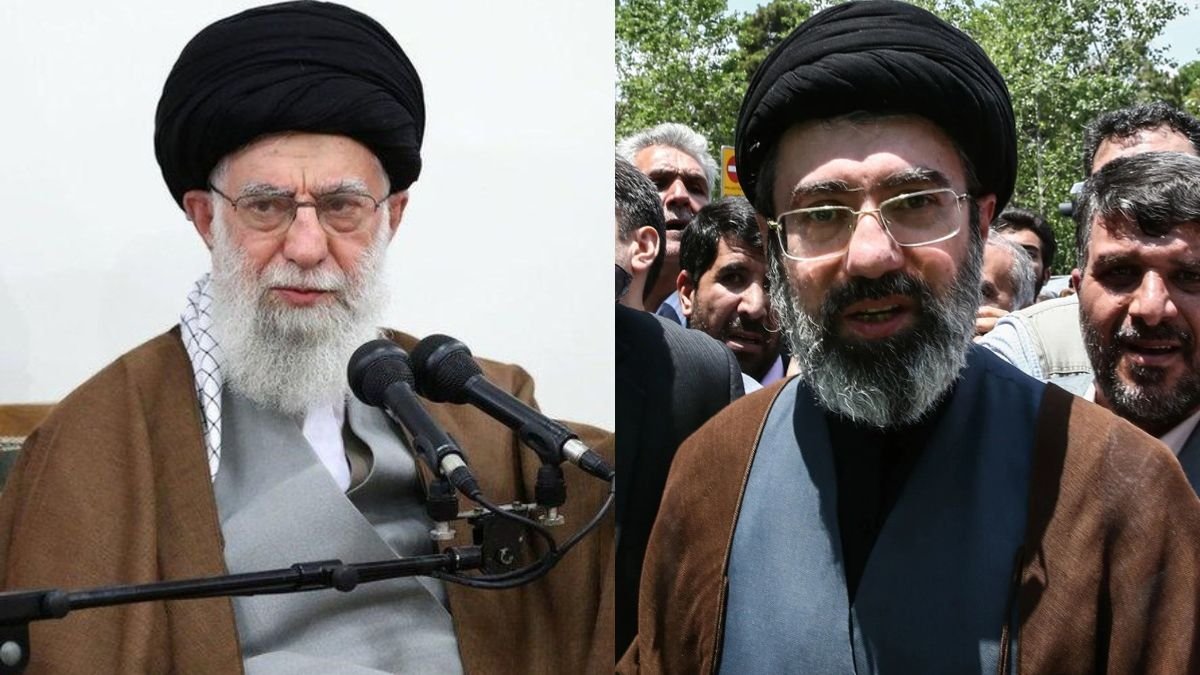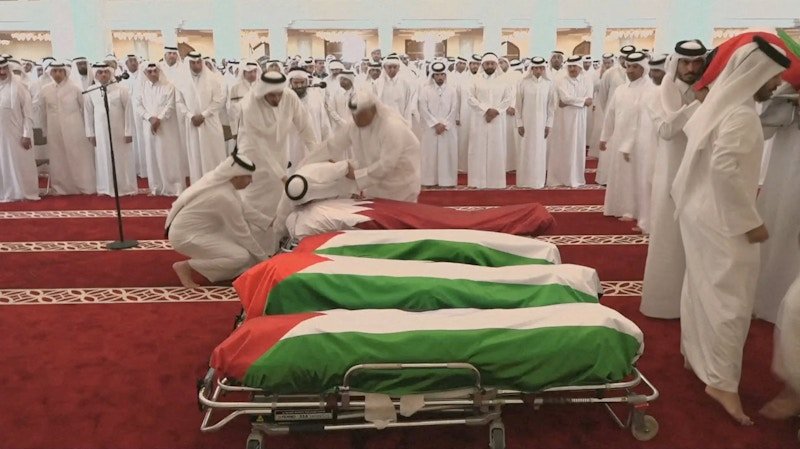Iran’s Supreme Leader Ayatollah Khamenei at Risk of Israeli Attack; Three Potential Successors Identified, Including Son Mojtaba
Tehran, June 21, 2025 —
Amid the ongoing conflict and the risk of targeted Israeli attacks, Iran’s Supreme Leader Ayatollah Ali Khamenei has taken what the New York Times describes as “extraordinary and unprecedented” steps to protect both his personal safety and the leadership structure of the Islamic Republic.
According to a secret-source-based report published Saturday, Khamenei has identified three top clerics as potential successors in the event of his death and has conveyed their names to close associates to enable swift leadership transition if necessary.
Secret Communications and Bunker Shelter
The New York Times reports that, fearing Israeli drone and missile strikes, Khamenei is currently sheltering in a secure underground bunker at an undisclosed location in Tehran. He has cut off all electronic communications and is reportedly maintaining contact with military commanders only through a single “trusted aide” to prevent tracking of his whereabouts or movements.
Son Mojtaba Reportedly Ruled Out
The report also states that Mojtaba Khamenei, the Supreme Leader’s son—once considered a likely successor—has been excluded from the current succession plan. Analysts suggest this indicates that Khamenei wants to signal that succession will not be hereditary, but based on religious and political qualifications.
Intelligence Ministry Implements Strict Security Measures
Iran’s Ministry of Intelligence has reportedly designated the current situation as a “national security crisis” and imposed severe restrictions on the use of mobile phones and electronic devices by senior military commanders and top officials. All forms of communication are now under tight surveillance.
The Ongoing Israel-Iran War
On June 13, Israel launched airstrikes on multiple Iranian military and nuclear facilities. In response, Iran carried out retaliatory strikes. According to Israeli authorities, at least 25 people have been killed and over 100 injured in Iranian attacks. Iran’s Health Ministry reports that Israeli strikes have so far killed 430 people and injured over 3,500, most of whom are civilians.
No Official Iranian Response Yet
As of now, Iran’s top leadership and government bodies have not issued any official comment regarding the New York Times report.










